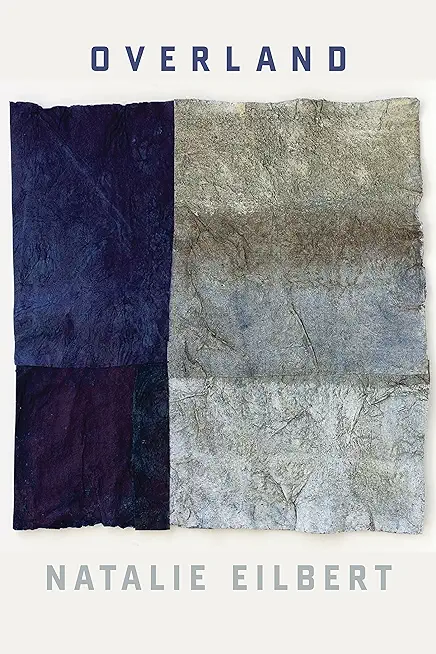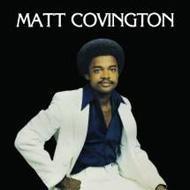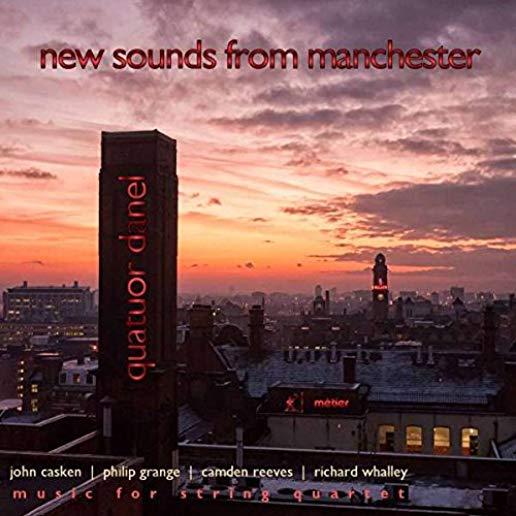
description
talie Eilbert's Overland uses snapshots of violence to survey loss of family, of habitat, of consent - the discarded tools used to arrest climate change activists, the skin marked with crescent moons and photographed by a forensic nurse.
Natalie Eilbert's anticipated third collection, Overland, invokes elegy and psalm to speak to assault on the bodies of women and our planet. In a collection that is part warning, part rumination, Eilbert snapshots violence -- the scorch marks on California lumber, the discarded tools used to arrest climate change activists, the crescent moons on skin photographed by a forensic nurse. A chronicling of the 1969 Santa Barbara oil spill and death cycles of the Great Barrier Reef, Overland maps an industry-scarred landscape that travels from coast to coast only to pause on the Congress floor where we are made to recognize: "Disappearance is active loss." Whether collective or private, environmental or familial, in Overland no loss is overlooked as sestinas and sonnets are interspersed with weary reportage on the power and limits of witness. Here, language is mined--Latin roots are unearthed, ripped apart, and reproduced into anthimeria to describe an industry-obsessed society that is "plasticing"--all while words like "intercourse" and "consent" are named and reclaimed. From the longform associative verse of "The Lake" series, to the two lines of "Gunmetal Gray," Eilbert proves her poetic versatility and stamina, writing in sonic lines as dynamic as the emotions she evokes. We emerge from these poems changed, having learned the truth of the words, "We lose / the world with deliberate focus."
Natalie Eilbert's anticipated third collection, Overland, invokes elegy and psalm to speak to assault on the bodies of women and our planet. In a collection that is part warning, part rumination, Eilbert snapshots violence -- the scorch marks on California lumber, the discarded tools used to arrest climate change activists, the crescent moons on skin photographed by a forensic nurse. A chronicling of the 1969 Santa Barbara oil spill and death cycles of the Great Barrier Reef, Overland maps an industry-scarred landscape that travels from coast to coast only to pause on the Congress floor where we are made to recognize: "Disappearance is active loss." Whether collective or private, environmental or familial, in Overland no loss is overlooked as sestinas and sonnets are interspersed with weary reportage on the power and limits of witness. Here, language is mined--Latin roots are unearthed, ripped apart, and reproduced into anthimeria to describe an industry-obsessed society that is "plasticing"--all while words like "intercourse" and "consent" are named and reclaimed. From the longform associative verse of "The Lake" series, to the two lines of "Gunmetal Gray," Eilbert proves her poetic versatility and stamina, writing in sonic lines as dynamic as the emotions she evokes. We emerge from these poems changed, having learned the truth of the words, "We lose / the world with deliberate focus."
member goods
No member items were found under this heading.
Return Policy
All sales are final
Shipping
No special shipping considerations available.
Shipping fees determined at checkout.







